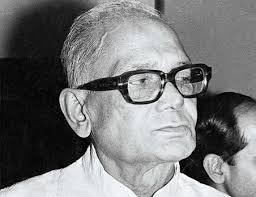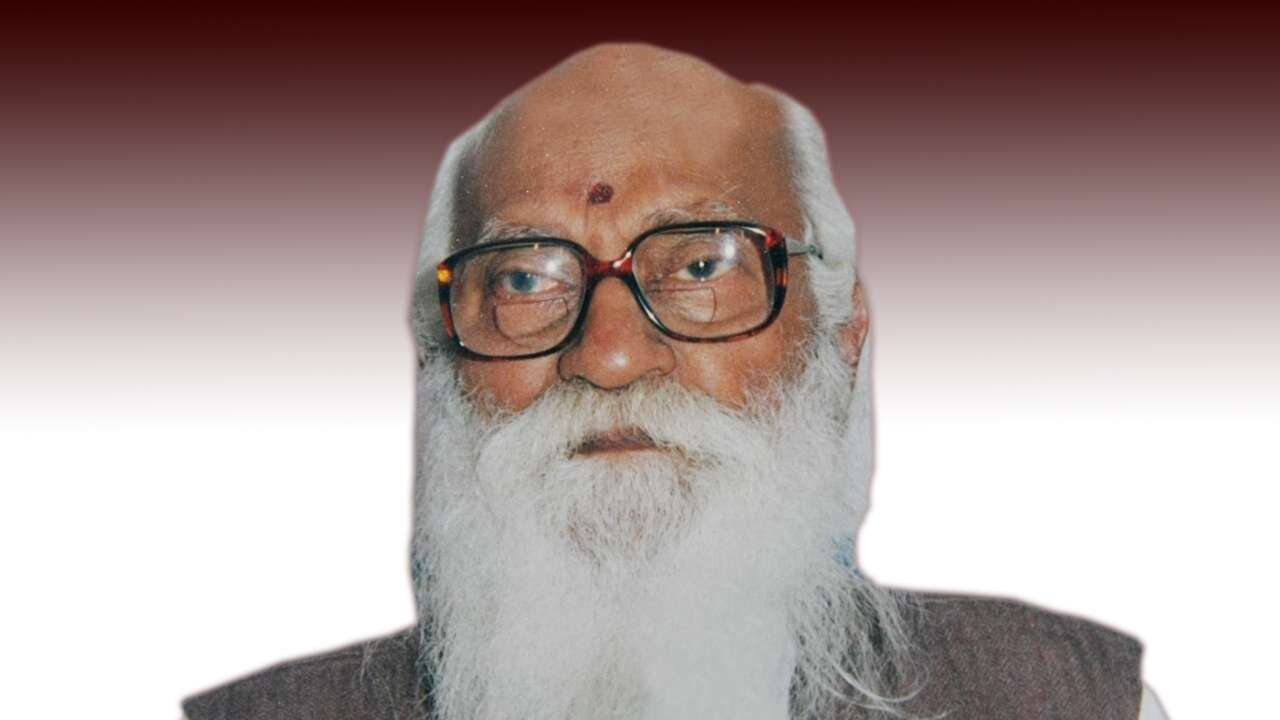Indian History
Jayaprakash Narayan and Nanaji Deshmukh Jayanti
- 12 Oct 2020
- 4 min read
Why in News
Prime Minister of India bowed to Loknayak Jayaprakash Narayan and Nanaji Deshmukh, on their Jayanti.
Key Points
- Jayaprakash Narayan (JP):

- Birth: 11th October, 1902 in Sitabdiara, Bihar.
- Influenced By: Marxist ideas in the USA and Gandhian ideology.
- Contribution to Freedom Struggle:
- In 1929, he joined the Indian National Congress.
- Imprisonment:
- In 1932 imprisoned for a year for participation in the civil disobedience movement.
- In 1939 for his opposition to Indian participation in World War II on the side of Britain but escaped.
- He played a key role in the formation of the Congress Socialist Party (1934), a left-wing group within the Congress Party.
- Post-Independence Role:
- In 1948, he left the Congress Party and initiated an anti-Congress Campaign.
- In 1952, he formed the Praja Socialist Party (PSP).
- In 1954, he devoted his life exclusively to the Bhoodan Yajna Movement, of Vinoba Bhave, which demanded land redistribution to the landless.
- In 1959 he argued for a “reconstruction of Indian polity” by means of a four-tier hierarchy of village, district, state, and union councils (Chaukhamba Raj).
- Total Revolution: Against Indira Gandhi Regime as she was found guilty of violating electoral laws by the Allahabad High Court. He advocated a program of social transformation which he termed ‘Sampoorna Kranti' (total revolution) in 1974 against corruption in public life.
- Features:
- Total Revolution has seven component revolutions, namely- political, social, economic, cultural, ideological or intellectual, educational and spiritual.
- The objective was to bring in a change in the existing society that is in tune with the ideals of the Sarvodaya (Gandhian philosophy- progress for all).
- Features:
- Bharat Ratna: Jayaprakash Narayan was posthumously conferred with India's highest civilian award, the Bharat Ratna (1999), for his "invaluable contribution to the freedom struggle and upliftment of the poor and downtrodden".
- Nanaji Deshmukh:

- Birth: 11th October 1916 in Maharashtra’s Hingoli district.
- Influenced by: Lokamanya Tilak and his nationalist ideology.
- Dr. Keshav Baliram Hedgewar, founding Sarsangha-chalak(head) of the Rashtriya Swayamsevak Sangh (RSS).
- He was a leader of Bharatiya Jana Sangh and Rashtriya Swayamsevak Sangh.
- Participation: He actively participated in Acharya Vinoba Bhave’s Bhoodan.
- Deshmukh was the main force behind social activist Jayaprakash Narayan's agitation for total revolution.
- Social Activism: He was a social reformer with focus on health, education and rural self-reliance.
- He established Chitarkoot Gramoday Vishwavidyalaya in Chitrakoot, India’s first rural University and had served as its Chancellor.
- He did great work towards the anti-poverty and minimum needs programme.
- Electoral Politics: He was one of main architects of the Janata Party.
- He won in the 1977 Lok election from Balrampur (UP) Lok Sabha constituency.
- He was nominated to Rajya Sabha in 1999 in recognition of his services to the nation.
- Death: 27th February, 2010.
- Awards:
- He was awarded Padma Vibhushan in 1999.
- In 2019, the President of India, conferred the Bharat Ratna upon him (posthumously) for his services to the nation.




